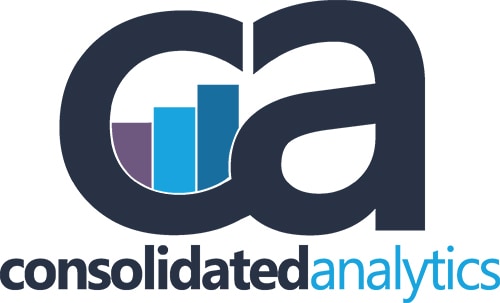Let’s talk about RMBS due diligence—Residential Mortgage-Backed Securities for the uninitiated. It’s not a flashy topic, but understanding the details here can make or break your returns in the investment world. Think of due diligence as homework before buying a complex financial product. It’s about knowing what you’re getting into, minimizing risks, and making sure you’re not overpaying for something that doesn’t deliver.
Why Bother with RMBS Due Diligence?
When you invest in RMBS, you’re not just buying a piece of paper. You’re buying into a pool of residential home loans. Each of those loans carries its risks and potential rewards. A solid due diligence loan review process helps you:
- Mitigate Risk – You want to know exactly what kind of loans you’re dealing with.
- Minimize Legal Liability – No one wants regulatory surprises.
- Evaluate Security – Is this RMBS worth its price tag?
- Assess Market Conditions – Is the housing market in your favor?
- Make Informed Decisions – Knowledge is profit.
- Avoid Unexpected Losses – Stay ahead of nasty surprises.
- Guard Against Overexposure – Diversification is your friend.
What’s Involved?
Due diligence digs into every corner of an RMBS. Let’s break it down:
- Loan-Level Analysis
- Each loan in the pool gets a close look. What’s the borrower’s credit like? Are they a high-risk or a safe bet? You’ll also consider things like default and prepayment risks.
- Underwriting Standards Review
- Are these loans put together right? Are they compliant with laws like TILA or RESPA? Documentation errors or bad practices here can cost you big time.
- Historical Performance
- Look at the borrower’s track record. How stable is their income? Do they have a history of late payments or bankruptcies? This tells you a lot about the likelihood of future defaults.
- Property Valuation
- What’s the loan-to-value (LTV) ratio? A high LTV means less equity and more risk. Knowing if property values dip is crucial. Our in-house AMC can help keep this phase of the process moving forward rather than stalling out.
- Loan Characteristics
- Fixed or adjustable rates? Interest-only periods? Balloon payments? Understand these because they shape how cash flows and risks evolve.
Beyond the Basics: The Bigger Picture
It’s not just about the loans themselves. You also need to review the servicer’s performance (are they good at collecting payments and managing defaults?), evaluate credit enhancements (what’s protecting you from losses?), and run cash flow models to see how the money flows in different scenarios. Stress testing for worst-case scenarios? Absolutely. Continuously investing in people, technology, and processes keeps businesses ahead of the game.
Then there’s the market environment—what’s happening with housing prices, unemployment, and interest rates? Finally, ensure legal and regulatory compliance and keep an eye on what the credit rating agencies are saying. Working with an approved third-party review firm ensures your loan reviews are compliant and held to the highest standards.
When you do RMBS due diligence right, you’re not just buying securities but peace of mind. You know what risks you’re taking and, more importantly, why you’re taking them.
